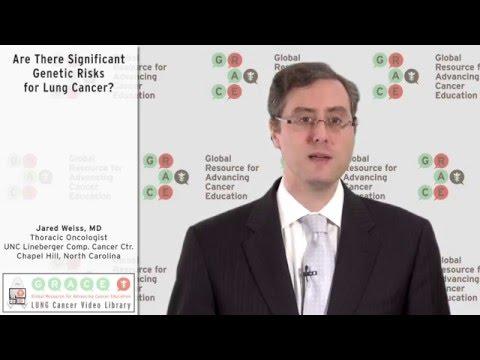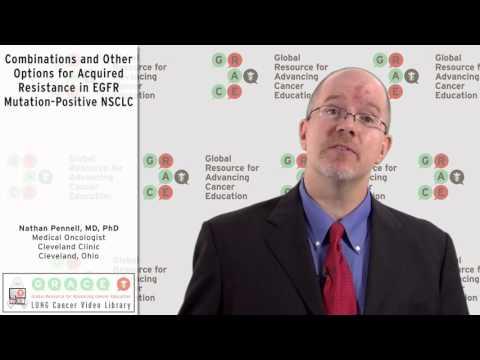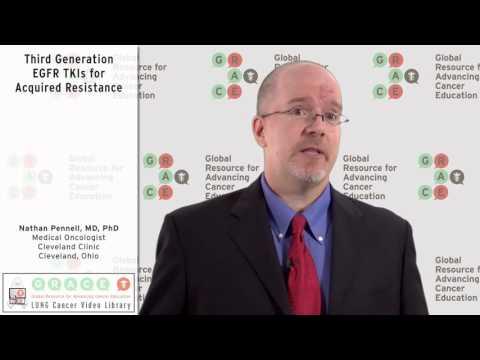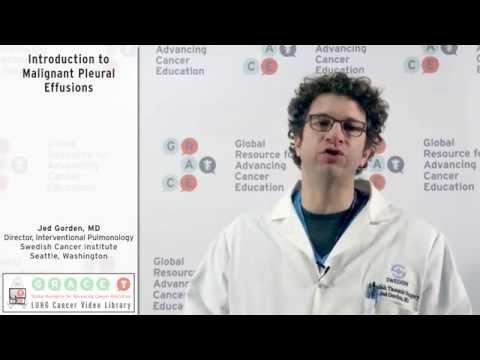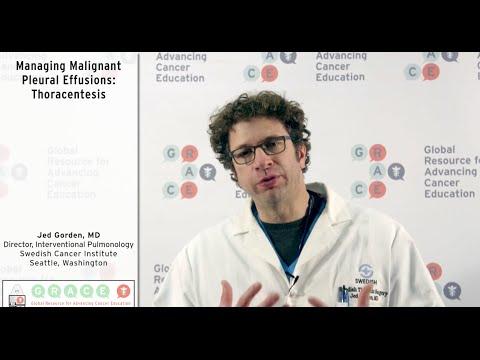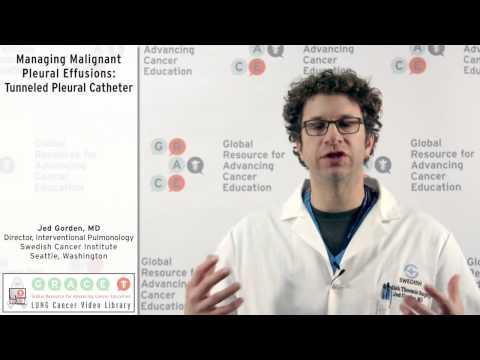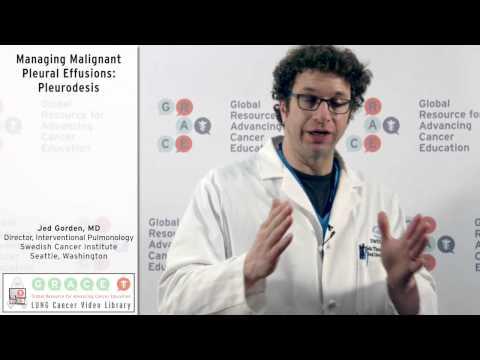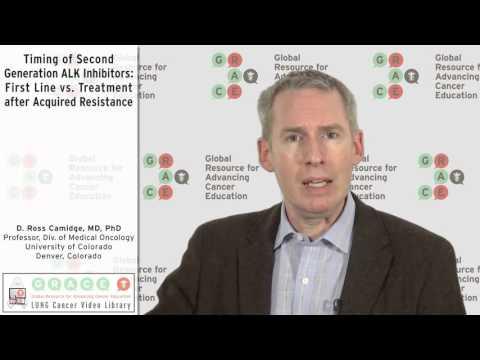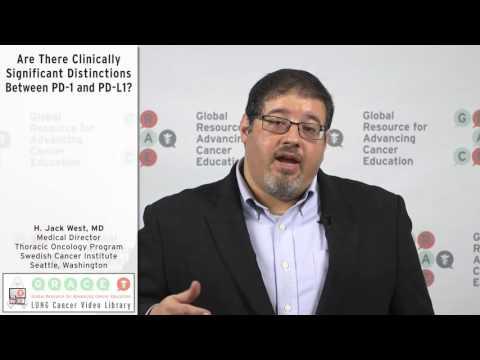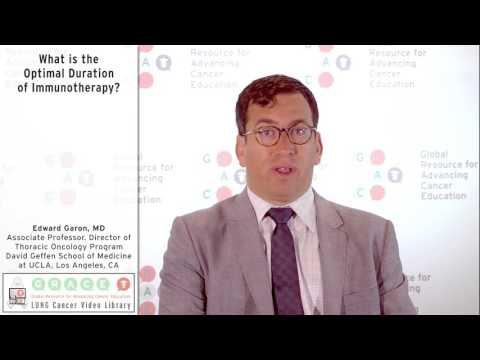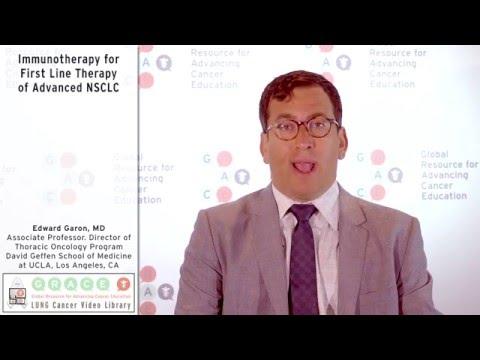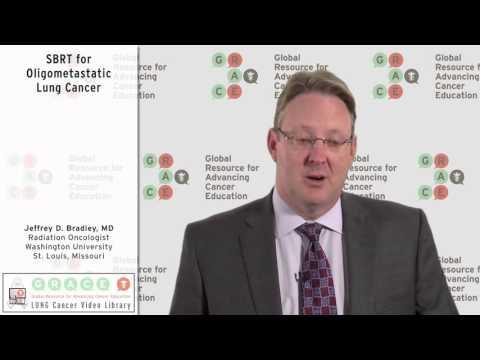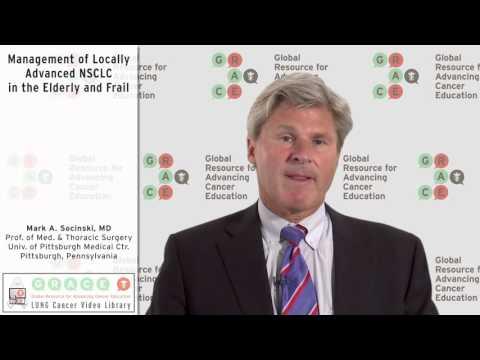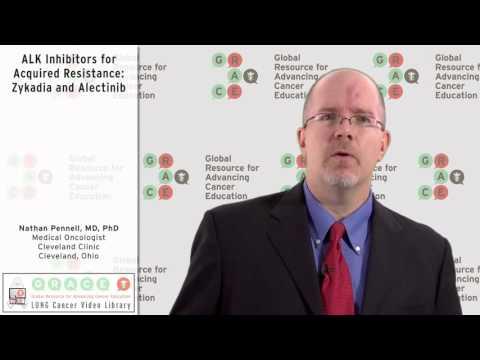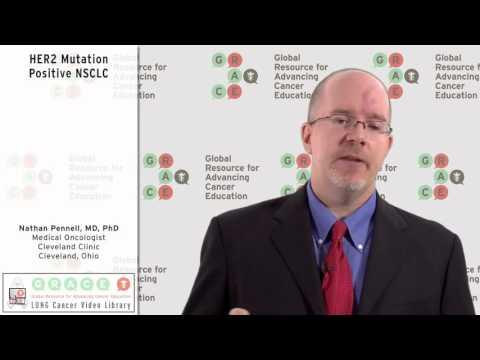Dr. Jared Weiss, UNC Lineberger Comprehensive Cancer Center, discusses the genetic risk (or lack thereof) for lung cancer.
Video Library
Search the Video Library
Video Language
Filter by Cancer Type:
Displaying Results 1 - 15 of 102
Dr. Nathan Pennell, Cleveland Clinic, describes other options for treatment of acquired resistance, including chemotherapy, ablation with SBRT and a combination of Gilotrif and Erbitux.
Please Note: New Treatments Have Emerged Since this Original Post
Dr. Nathan Pennell, Cleveland Clinic, discusses the concept of acquired resistance and new agents designed to address it, including Rociletinib and Merelitinib.
Interventional pulmonologist Dr. Jed Gorden reviews malignant pleural effusions (MPEs) are a common complication of lung cancer and some other cancers. Transcript So, I wanted to talk to you today about pleural effusions. Pleural effusions — it’s a complex term, and it’s a very common problem, so
Dr. Jed Gorden describes the details of how a thoracentesis is performed in order to clarify the diagnosis and treat symptoms of a malignant pleural effusion (MPE). Transcript With the pleural fluid that’s built up around the lung — this fluid that exist in between the linings, or as we discussed
A tunneled pleural catheter is an excellent way to manage the symptoms of a recurrent malignant pleural effusion. Dr. Jed Gorden describes how it is placed and how it works. Transcript So we’re talking today about pleural fluid — fluid that resides around the lung, in-between this space that we’re
Dr. Jed Gorden reviews the technique of pleurodesis to manage the complication of recurrent malignant pleural effusion (MPE). Transcript So we’re talking today about pleural fluid, the fluid that builds up around the lung — fluid that causes people be short of breath, often have symptoms like cough
Dr. Ross Camidge, University of Colorado, addresses the question of whether to use a second generation ALK inhibitor as first line therapy or only after acquired resistance to crizotinib.
Dr. Jack West, Swedish Cancer Institute, compares the mechanism of action, efficacy and toxicity of PD-1 and PD-L1 inhibitors.
UCLA Med Center's Dr. Eddie Garon discusses the open question of the optimal duration of ongoing treatment with immunotherapy for lung cancer.
Dr. Eddie Garon considers the data on immunotherapies for first line treatment of advanced NSCLC and whether we are likely to use these agents instead of or in combination with standard chemotherapy soon.
Dr. Jeffrey Bradley, Radiation Oncologist at Washington University in St. Louis, defines oligometastatic lung cancer and describes the recent trend toward the use of stereotactic body radiation therapy to treat it.
Dr. Mark Socinski, University of Pittsburgh Medical Center, describes strategies for treatment of the elderly and frail patient with locally advanced NSCLC.
Dr. Nathan Pennell, Cleveland Clinic, discusses acquired resistance to Xalkori in ALK-positive patients, and second generation inhibitors designed to overcome that resistance, such as Zykadia and alectinib.
Dr. Nathan Pennell, Cleveland Clinic, describes treatment of NSCLC patients with HER2 mutations using agents such as Gilotrif or Herceptin.

